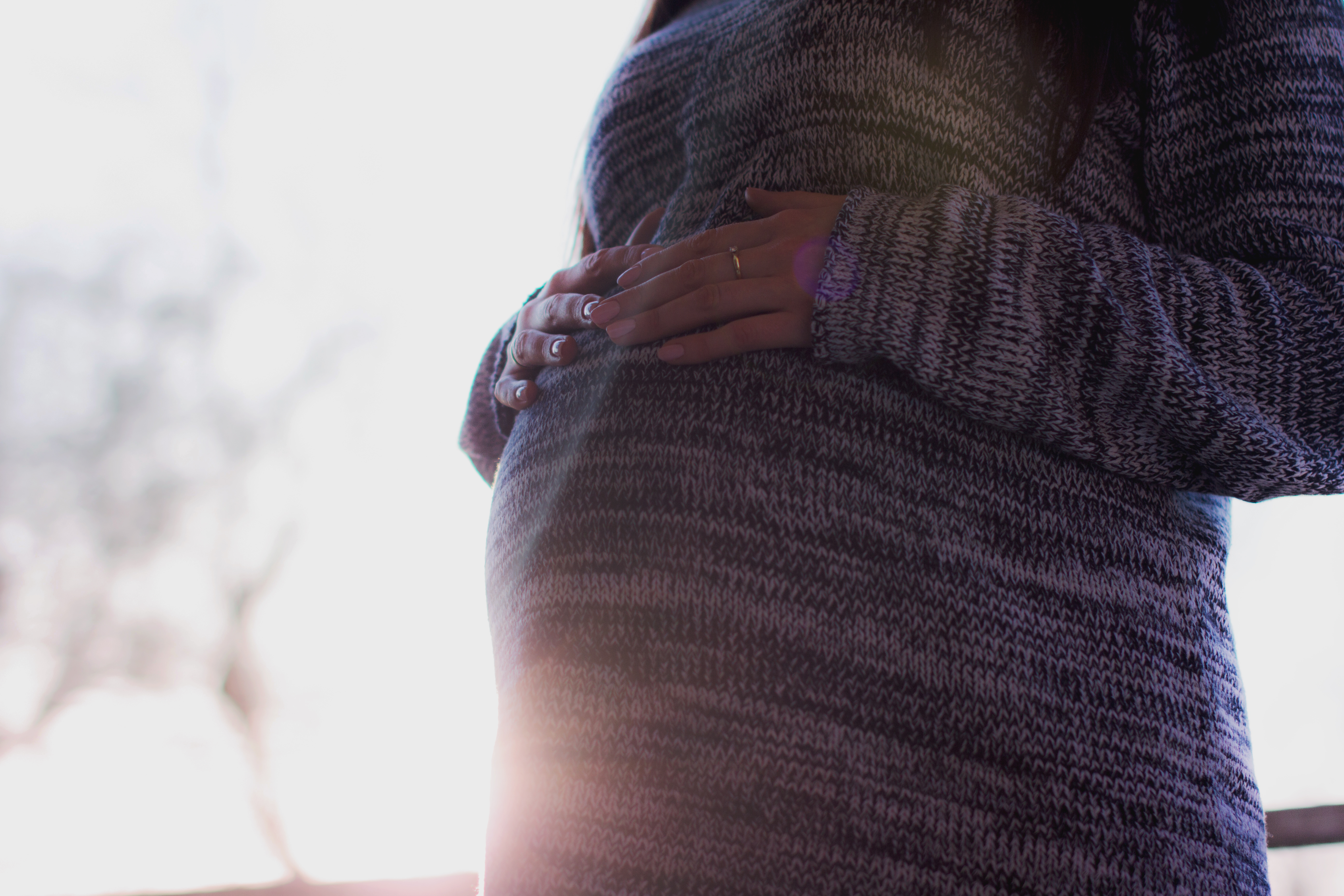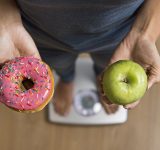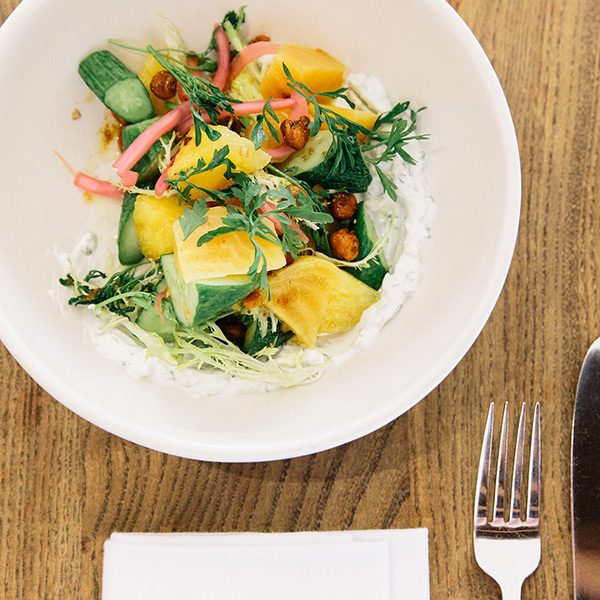Often, the terms “folate” and “folic acid” are used interchangeably when discussing vitamin B9. Folate refers to naturally-derived vitamin B9 found in food and folic acid is a compound used in dietary supplements and food fortification. Both versions of vitamin B9 play an important role in the production of red blood cells and help a developing baby’s neural tube develop into her brain and spinal cord, making it a crucial vitamin for pre, during and post pregnancy. So what are some high folate foods for a healthy pregnancy? Let’s dive into this a little further.
How Much Folate is Recommended?
For women of childbearing age/preconception, 400 mcg/day is recommended. After the first three months of pregnancy, that number increases to 600 mcg/day and while breastfeeding decreases to 500 mcg/day. It’s important to consider supplementation if you are unable to steadily include the foods below in your diet.
What Are Ideal Food Sources of Folic Acid?
Excellent Sources
(1 cup serving)
Lentils = 358 mcg
Garbanzo beans = 282 mcg
Asparagus = 268 mcg
Spinach = 263 mcg
Turnip greens = 169 mcg
Broccoli = 168 mcg
Beets = 136 mcg
Bok Choy = 69 mcg
Cauliflower = 54 mcg
Very Good Sources
(1 cup serving)
Bell Peppers = 42 mcg
Cabbage = 36 mcg
Celery = 36 mcg
Strawberries = 34 mcg
Tomatoes = 27 mcg
Leeks = 24 mcg
Fennel = 23 mcg
Above rankings are based on Daily Value % and nutrient density.
When Should Folic Acid Supplement Be Taken?
Before you are trying to conceive, during pregnancy and while breastfeeding. If you are taking a folic acid supplement, be sure to check quality standards. Look for a supplement which contains L-methylfolate (natural folic acid) and consider taking more than recommended amount to make sure you have adequate, optimal amounts for a healthy pregnancy.
Read about the MTHFR mutation and how this may affect your folic acid intake.
Always check with your doctor before taking any new supplements.
Originally posted 2018-05-31 17:38:49.







